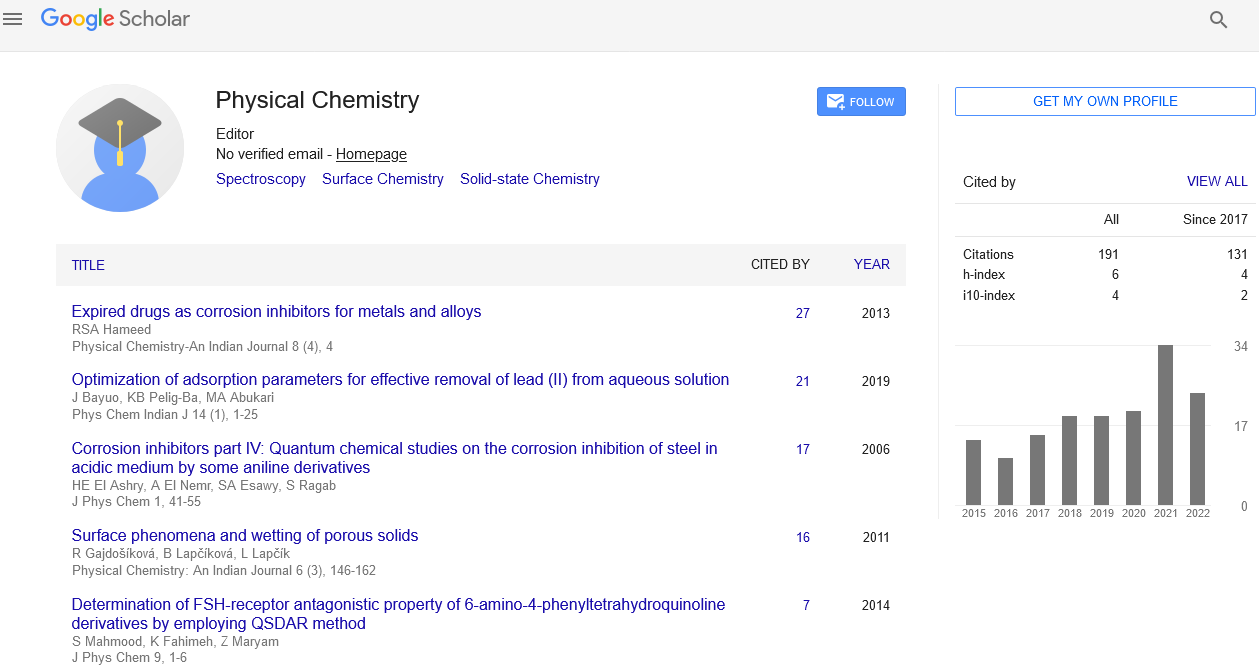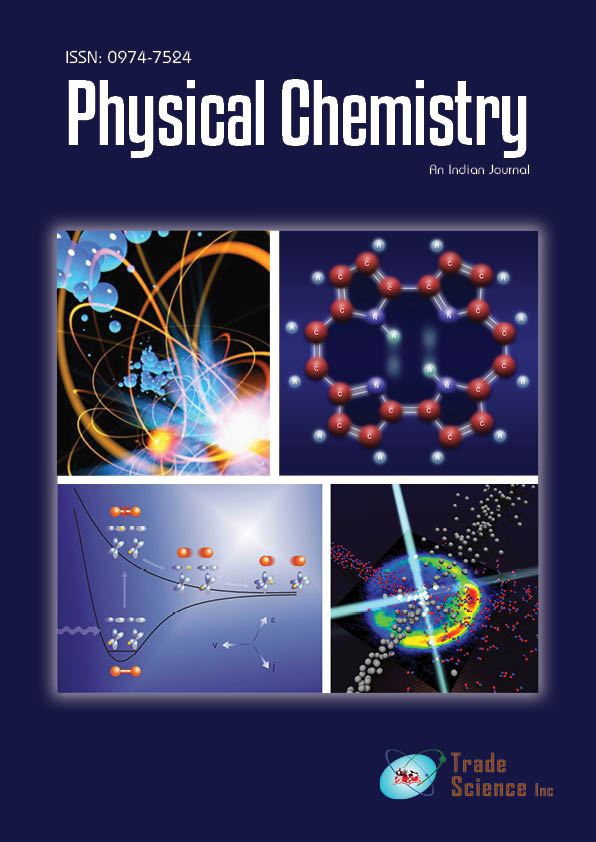Abstract
Radon Chemico-Biological Interactions
Author(s): Bejeman Hay, Sharla Steel, Shalu PandeyThe National Academy of Sciences (USA) investigated on radon's negative impacts on health (BEIR VI). This paper was well-written, well-researched, and affected radon remediation policies and laws.At home, three of the issues with the report's interpretation are highlighted in this article. First, dwellings with radon levels below US standards provided the majority of the radiation dosage needed to evaluate risk. action level established by the Environmental Protection Agency to ensure that remediation would have little effect on the overall assessed attributable risk As a result, the low-level residences (i.e., below the action level) would only have a modest impact after being remedied. Impact on the estimated "risk to the population attributed" In specific houses with exceptionally high radon levels, remediation may only slightly lower each person's risk. Second, the message conveyed to the general public, government officials, and legislators was that "Next to cigarette smoking, radon is the second leading cause of lung cancer." not a true assessment of the report. The correct conclusion would be: Next to cigarette smoking, high levels of radon combined with cigarette smoking is the second leading cause of lung cancer. In the never-smokers, few cancers could be attributable to radon. Thirdly, there is little question that high levels of radon exposure in mines combined with cigarette smoke and other significant insults in the mine environment produces excess lung cancer. However, the biological responses to low doses of radiation differ from those produced by high levels. Low doses may result in unique protective responses (e.g. against smoking-related lung cancer). These three points will be discussed in detail

